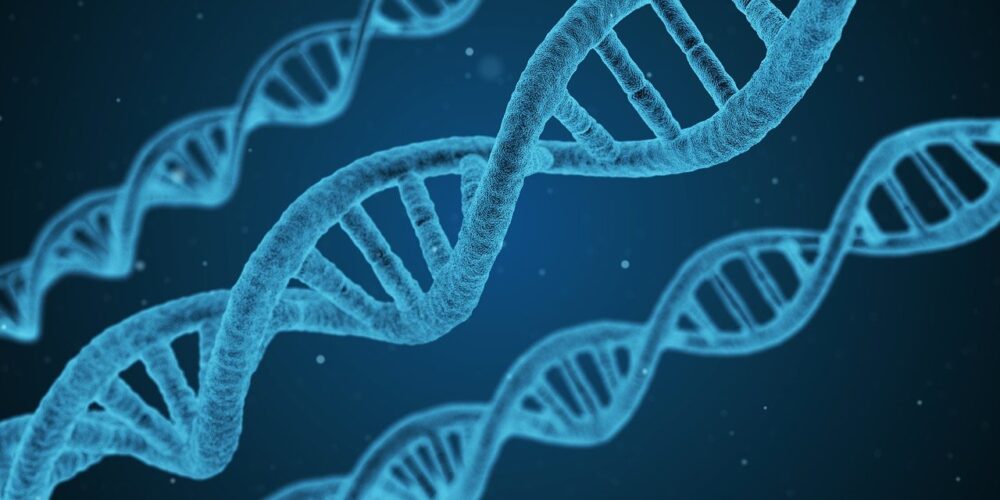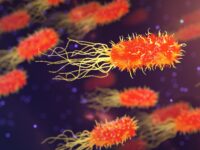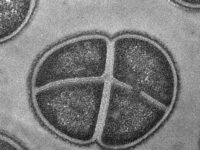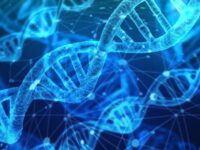Suppose Earth’s clock is reset to its very beginning. This would take us back over 4.5 billion years, passing the first human around 7 million years ago and the first microscopic organism 3.5 billion years ago. Then, we let the clock rerun. Would life evolve as it did for humanity, or is our existence a statistical anomaly?
To properly discuss this question, we must first consider the likelihood of abiogenesis, or the development of life from inanimate materials. One could imagine that if conditions on Earth were by chance exactly as needed for abiogenesis, life’s onset may not be all that common and a reset Earth would likely remain lifeless. On the other hand, abiogenesis could be almost inevitable given Earth’s properties. One condition to contemplate is whether organic material emerged from Earth’s formation or a rain of asteroids, as this implies either an inevitable path to life or a random occurrence.
Assuming life does form, Earth’s real time scale demonstrated a long period of evolution until humans and other intelligent life surfaced, stirring questions of how likely intelligent life is to form given how long it took Earth. This produces four potential options compounding the likelihood for abiogenesis with intelligence: rare life and rare intelligence, rare life and common intelligence, common life and rare intelligence, and common life and common intelligence.
Scientists, of course, cannot turn back Earth’s clock but are instead interested in these thought experiments to demonstrate the chances of success for life on other planets. Earth’s narrative cannot tell the whole story, as most exoplanets do not possess characteristics resembling Earth’s, but it’s a good place to start.
David Kipping, an assistant professor at Columbia University, used this Earth clock scenario to ask what Earth implies about other planets. Kipping’s article, “An objective Bayesian analysis of life’s early start and our late arrival,” forgoes the conventional assumption that some aspect of Earth’s timescale, like abiogenesis, is an axiom of planetary evolution. The paper instead considers Earth the only known data point in a large, but undiscovered, data set. This new assumption allows for more outcomes to be factored into the equation at one time, studying both abiogenesis and intelligent life formation in concordance with each other.
Kipping accomplishes this using a statistical tool called Bayesian inference, which allows a hypothesis to be updated as more information becomes available. Bayesian inference is based on Bayes’ theorem, a relatively simple equation taught in most introductory statistics courses, and real world applications of the equation can actually be quite interesting.
The equation uses known probabilities of two events to determine the probability of one of the events occurring given that the other already has.
For example, one could determine the probability that a 7 is chosen from a deck of cards given that the card is red, or one could determine the probability that someone actually has a disease given that they test positive for it. It is a popular technique used in medicine, environmental science, finance, and even film.
Bayesian inference is simply Bayes’ theorem with probability distributions instead of precise probabilities. This allows Kipping to use properties from his one data point, Earth, with high degrees of uncertainty, testing a number of different early-life theories that are heavily contested by scientists around the world. Careful analysis led to Kipping’s conservative conclusions agreeing with many early-life assumptions.
Kipping’s analysis showed that abiogenesis is 2.8 times more likely to be a fast process than a slow one when using the earliest microfossil evidence as the start of life. This number jumps to 8.7 when using the earlier, more disputed evidence of carbon depletions in zircon deposits that may have been caused by carbon uptake from early organisms. Analysis also showed that the probability of intelligence is less sure, with a rare-intelligence scenario being slightly favored at 3-2 odds against a common-intelligence one.
Kipping is careful to emphasize that the data set only includes Earth in its Bayesian inference, and the conclusions should be interpreted as such, though these findings are still encouraging for scientists exploring life on other planets. A high likelihood of abiogenesis indicates that looking for biosignatures is a useful approach to finding life, and the close call on intelligence means technosignatures should not be ruled out either.
So, are scientists’ efforts in the search for extraterrestrial life futile? We may not know for sure, but Kipping’s findings are promising, and with any luck, we will soon acquire a second data point.
Sources: 1
Image Source: Pixabay





